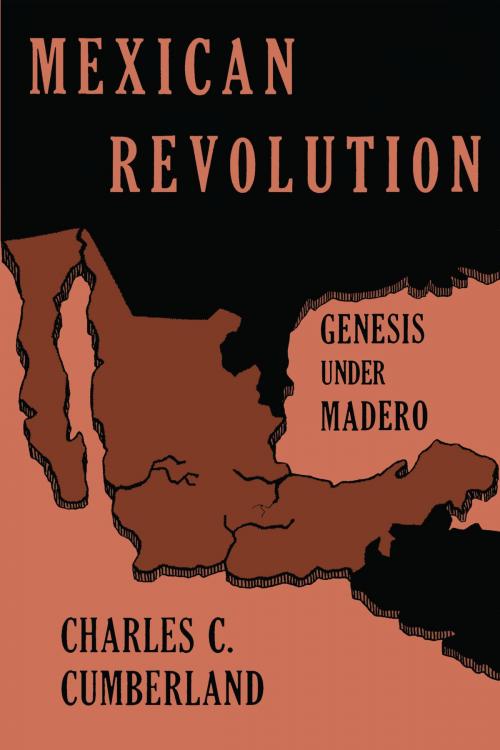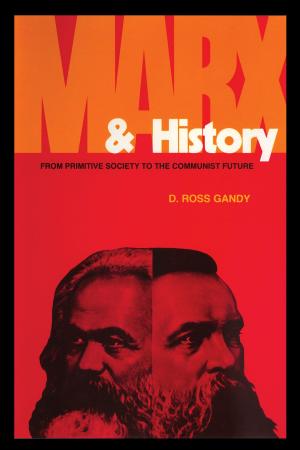| Author: | Charles C. Cumberland | ISBN: | 9780292750562 |
| Publisher: | University of Texas Press | Publication: | April 15, 2014 |
| Imprint: | University of Texas Press | Language: | English |
| Author: | Charles C. Cumberland |
| ISBN: | 9780292750562 |
| Publisher: | University of Texas Press |
| Publication: | April 15, 2014 |
| Imprint: | University of Texas Press |
| Language: | English |
The Mexican Revolution is one of the most important and ambitious sociopolitical experiments in modem times. The Revolution developed in three distinct stages: the overthrow of the Díaz dictatorship, the subsequent era of bloodshed and devastation during which radical ideas were written into the constitution, and the much longer span during which the ideas have been put into practice.The present volume covers the first stage of this development. Idealistic, patriotic hacendado Francisco I. Madero became the catalyst of the Revolution. All peaceful means having failed to secure democratic elections, Madero reluctantly undertook to mold the discontented factions into an effective force for insurrection. But victory brought disunity. Opposition to the Díaz regime, not a positive desire for reform, had held the revolutionaries together. Díaz deposed, Madero could not muster sufficient support to realize more than a fraction of his objectives, and he himself fell victim to counterrevolution.
The Mexican Revolution is one of the most important and ambitious sociopolitical experiments in modem times. The Revolution developed in three distinct stages: the overthrow of the Díaz dictatorship, the subsequent era of bloodshed and devastation during which radical ideas were written into the constitution, and the much longer span during which the ideas have been put into practice.The present volume covers the first stage of this development. Idealistic, patriotic hacendado Francisco I. Madero became the catalyst of the Revolution. All peaceful means having failed to secure democratic elections, Madero reluctantly undertook to mold the discontented factions into an effective force for insurrection. But victory brought disunity. Opposition to the Díaz regime, not a positive desire for reform, had held the revolutionaries together. Díaz deposed, Madero could not muster sufficient support to realize more than a fraction of his objectives, and he himself fell victim to counterrevolution.















